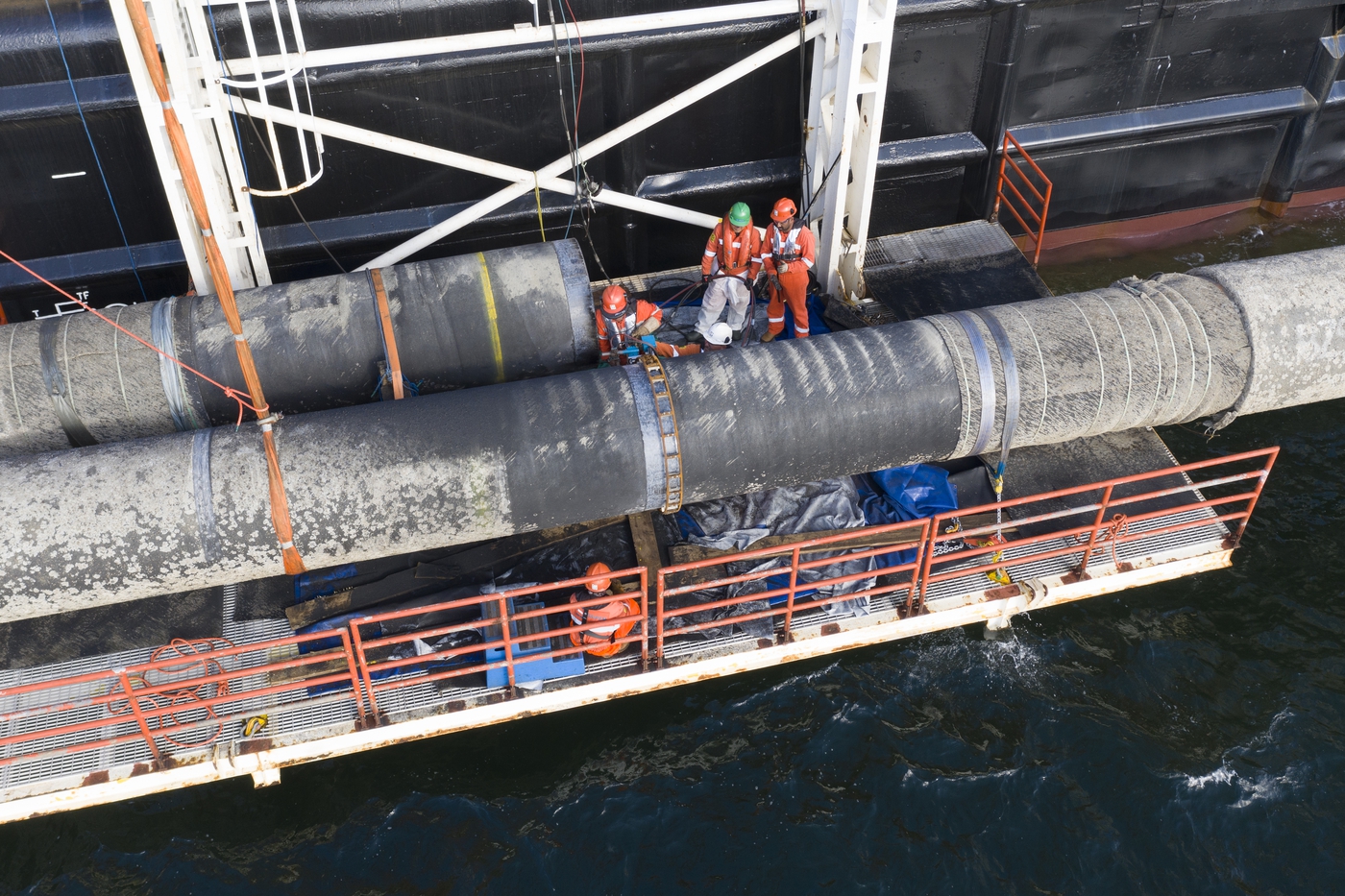Preview 2021 – ‘EU energy sovereignty key issue even under US president Biden’

Clean Energy Wire: What will become important next year for Germany when it comes to the geopolitics of the energy transition, also taking into account the coronavirus pandemic and its effects?
Kirsten Westphal: The effects of the coronavirus pandemic – both socio-economic and political – will keep us busy. They will continue to lead to a fragmentation of the energy world and to regional diversification. In addition, the traditional geopolitical issues on the agenda in 2020 will stay, such as Nord Stream 2, the gas dispute in the eastern Mediterranean, and of course the whole question of decarbonising the gas value chain, beginning with methane emissions. I would put an additional focus on the fracking boom in the US, which has seen dramatic decreases with the pandemic. What happens here will likely have a strong effect on Europe as well.
US pressure on Nord Stream 2 will stay.
I hope we are going to have a very realistic debate in Germany next year concerning the step-by-step decarbonisation of the gas value chain. We are exiting nuclear and coal, electricity prices are rising and before the pandemic natural gas consumption was actually increasing. However, the speed with which some now also call for a natural gas phase-out – in combination with the hype surrounding hydrogen – makes me worry. We lose touch with what is actually happening on the market.
Will these debates affect the German election campaign?
Let me go back a step: We have not yet seen the real socio-economic consequences of the coronavirus crisis, especially when it comes to the job market upheavals in the industry sector, and the ensuing political debates. It is too early to say anything specific, of course, but I do think we need a new balance in the target triangle of energy policy – climate action, competitiveness and supply security. Sustainability and its social dimension must play a bigger role. The widespread acceptance for the Energiewende in Germany must not be taken as given; this can change. In Europe and elsewhere we have many examples of nationalist policies coinciding with fossil-based policies or climate change-denying policy approaches. We are not immune in Germany and we have to make sure the population is on board and has jobs.
And this will make it an issue in the election campaign?
It could. It depends on to what extent there will be a socio-economic crisis. If we talk about things like hydrogen, we are looking at massive changes along entire value chains. This is about Germany as an industrial location, Germany as a technological leader – we are talking about a system change. This is becoming more and more apparent.
Nord Stream 2 has been a major topic of dispute within the EU, but also with partners such as the US. What will 2021 bring for the pipeline? Will it ever become operational?
I don’t know. 2021 will not bring any major changes in terms of US policy towards Nord Stream 2. It is not just a Trump administration view, but a bi-partisan issue of Republicans and Democrats. Even under a new Biden government we will continue to deal with the general question of energy sovereignty and strategic autonomy, and approaches in the EU significantly vary.
US pressure on Nord Stream 2 will stay. The question is: what can Russian companies manage? Can they work without certification from western companies? It will be interesting to see how strong the German federal and state governments are going to support the project. Open political support – not just saying it is a commercial project – would mean an explicit paradigm shift.
Plans for German domestic LNG terminals have taken a blow: Uniper announced too little investor interest in the Wilhelmshaven project. Is that it for a German import terminal, or will we see movement in 2021?
This is a question which has to be answered taking into account the coronavirus pandemic. In general, the effects of the pandemic and the uncertainty mean that investments in energy projects are difficult, be they public or private. To be honest, Germany doesn’t really need its own LNG import terminal because it is so well connected to the ones in neighbouring countries. And in addition to that, the country is starting to focus on green gases anyway as part of the move away from fossil fuels.

